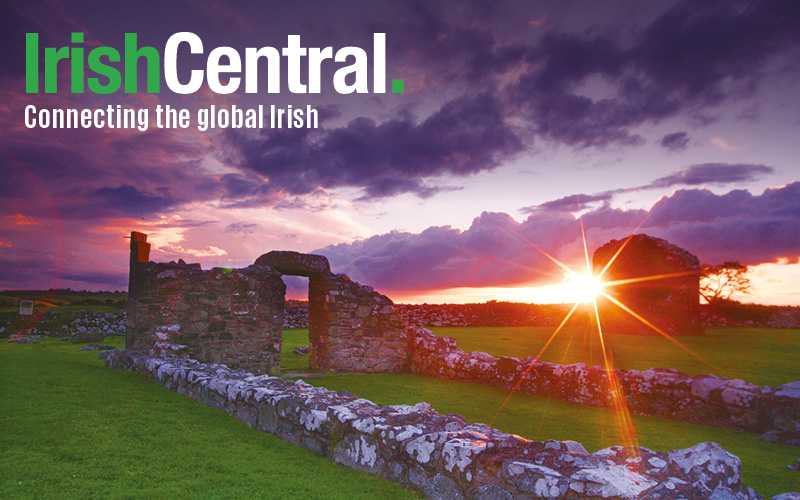A win for the “yes” side in the vote to ratify the latest European treaty was widely predicted after counting began in Ireland.
The Irish Independent newspaper reported the vote was close to a to 55-45 per cent split.
"We are very, very confident. ....so far so good," Ireland's European affairs minister Lucinda Creighton said.
Dominic Hannigan, deputy director of elections for the Labour Party, told Reuters the referendum looked set to pass by a margin of 57 percent to 43 percent based on the early vote counting.
It was apparent that there was a deep division between middle and upper class voters who were voting yes in large numbers and working class areas which were voting no.
The poor turn-out, at just over 50 per cent, was seen as a sign of deep apathy among the electorate towards a treaty that was difficult to explain and comprehend.
Yet its passage will send a sigh of relief all around Europe where the fear was that an Irish no vote would further destabilize the economic situation.
Prime Minister Enda Kenny, whose Fine Gael party campaigned for a Yes vote alongside Labor and Fianna Fail, was said to be happy at the Yes vote indications.
Kenny’s Fine Gael party even used social media messages to try and get people out to vote before the polling stations closed at 10pm on Thursday night.
“Turnout very low so far. Important to get your vote out. Please contact family and friends and encourage them to vote this evening,” the party messaged.
Reports say that confusion reigned amongst many voters as they arrived at the polling stations.
Speaking to the Irish Independent, Sinn Fein deputy Jonathan O'Brien pointed to the previous low turnouts favouring the No side in Nice 1 and Lisbon 1.
“So here’s hoping again,” he said.




Comments